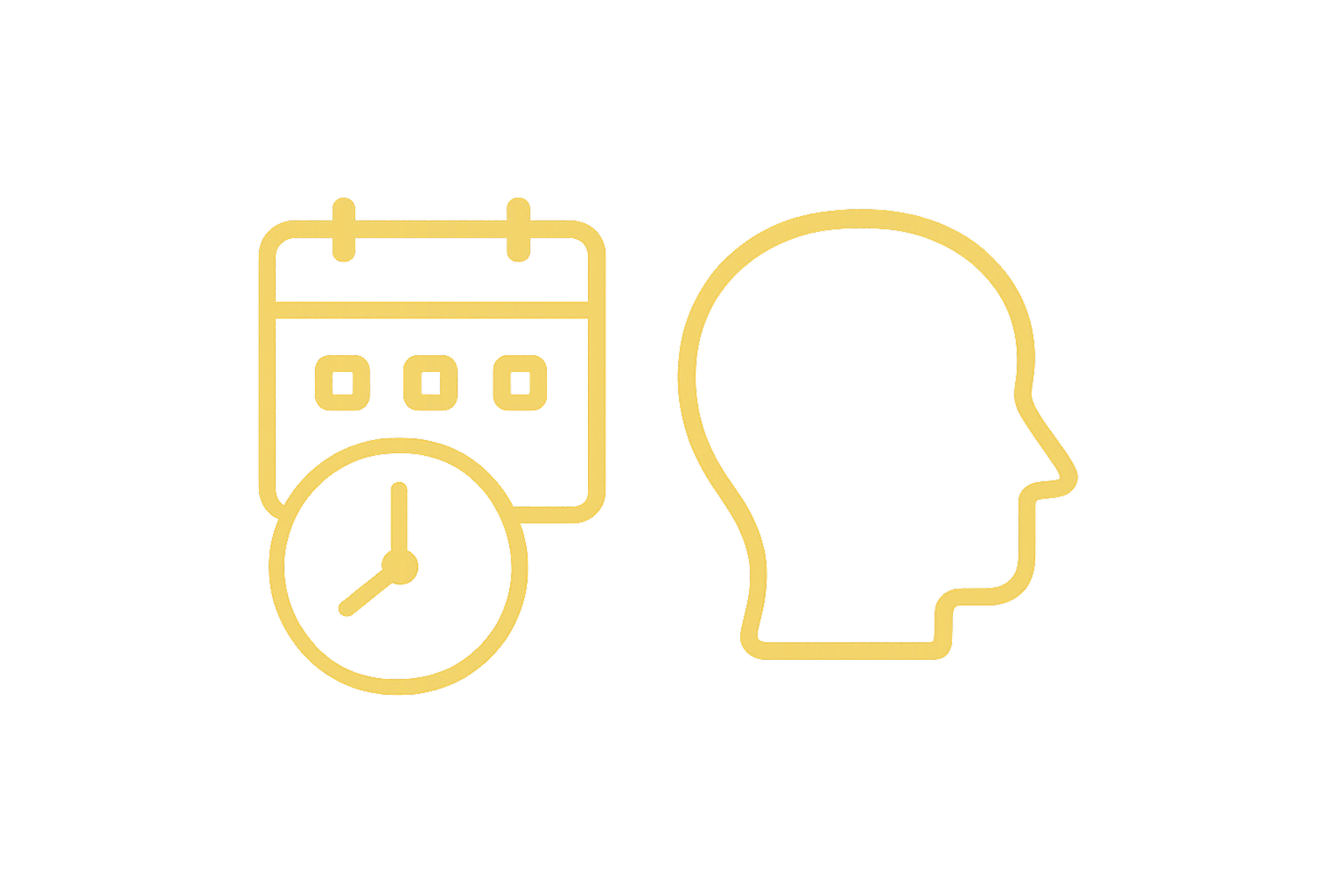
Learning is more effective when spread out over time.
Learning is enhanced when information is presented using both visual and verbal formats

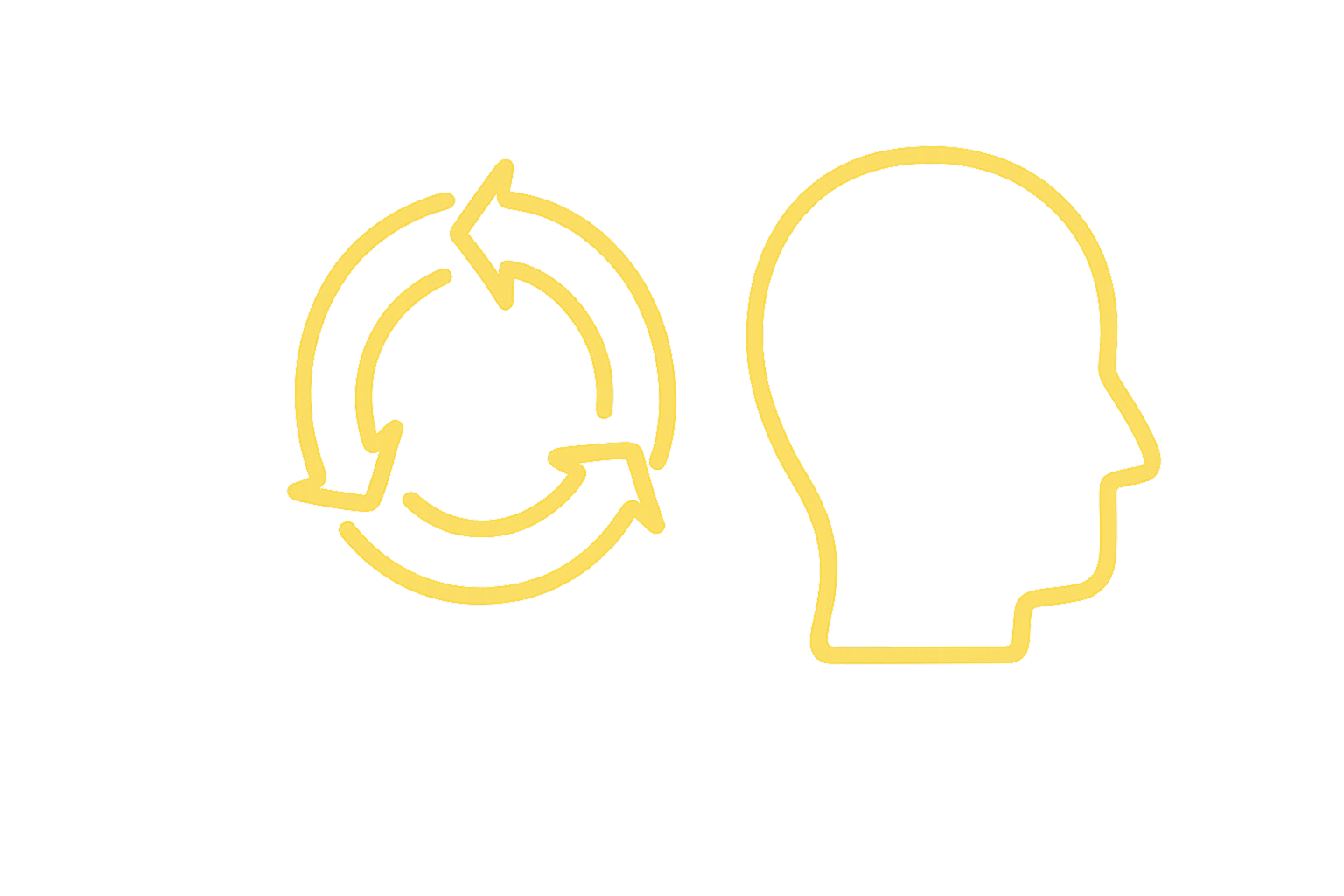
Mixing different topics or question types to improve learning.
Memory improves by recalling information rather than reviewing it passively.
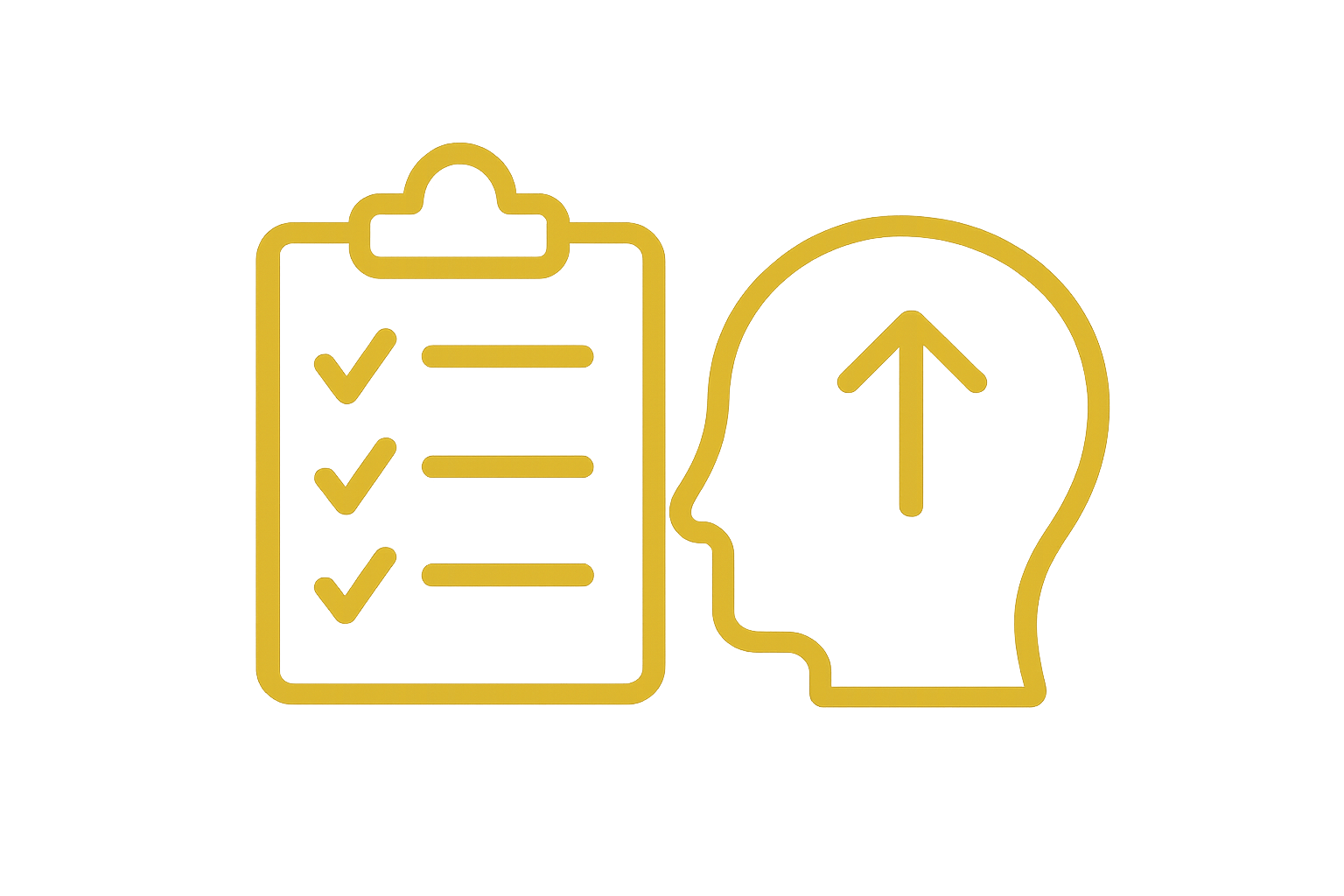
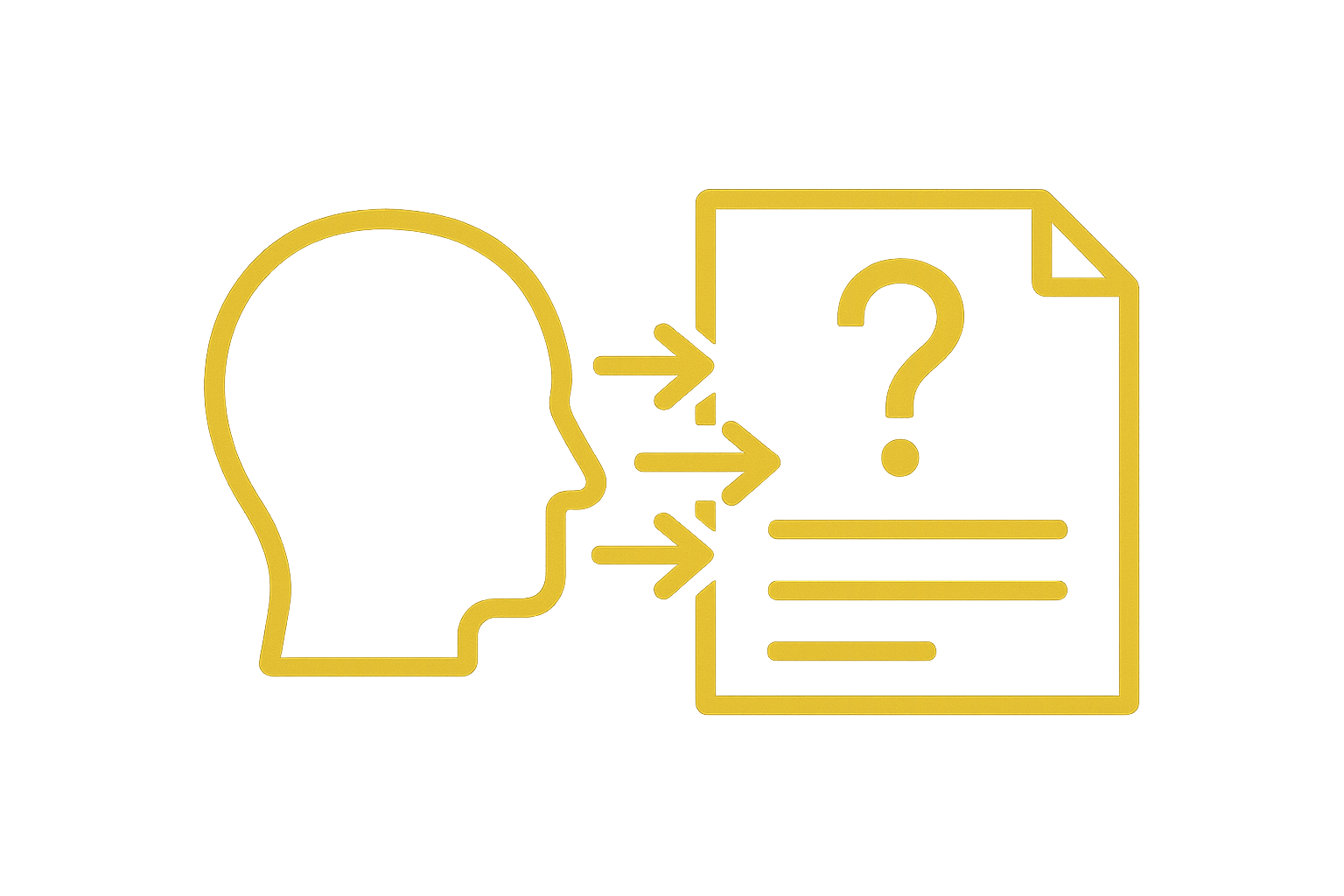
A specific form of retrieval practice where students retrieve information without external cues or prompts. This approach strengthens memory by engaging the brain in unaided recall, which is more effective than passive recognition or cued retrieval.
Individuals remember information better when they actively generate or create it themselves, rather than simply reading or passively consuming it. This active engagement strengthens memory and understanding by requiring deeper cognitive processing.
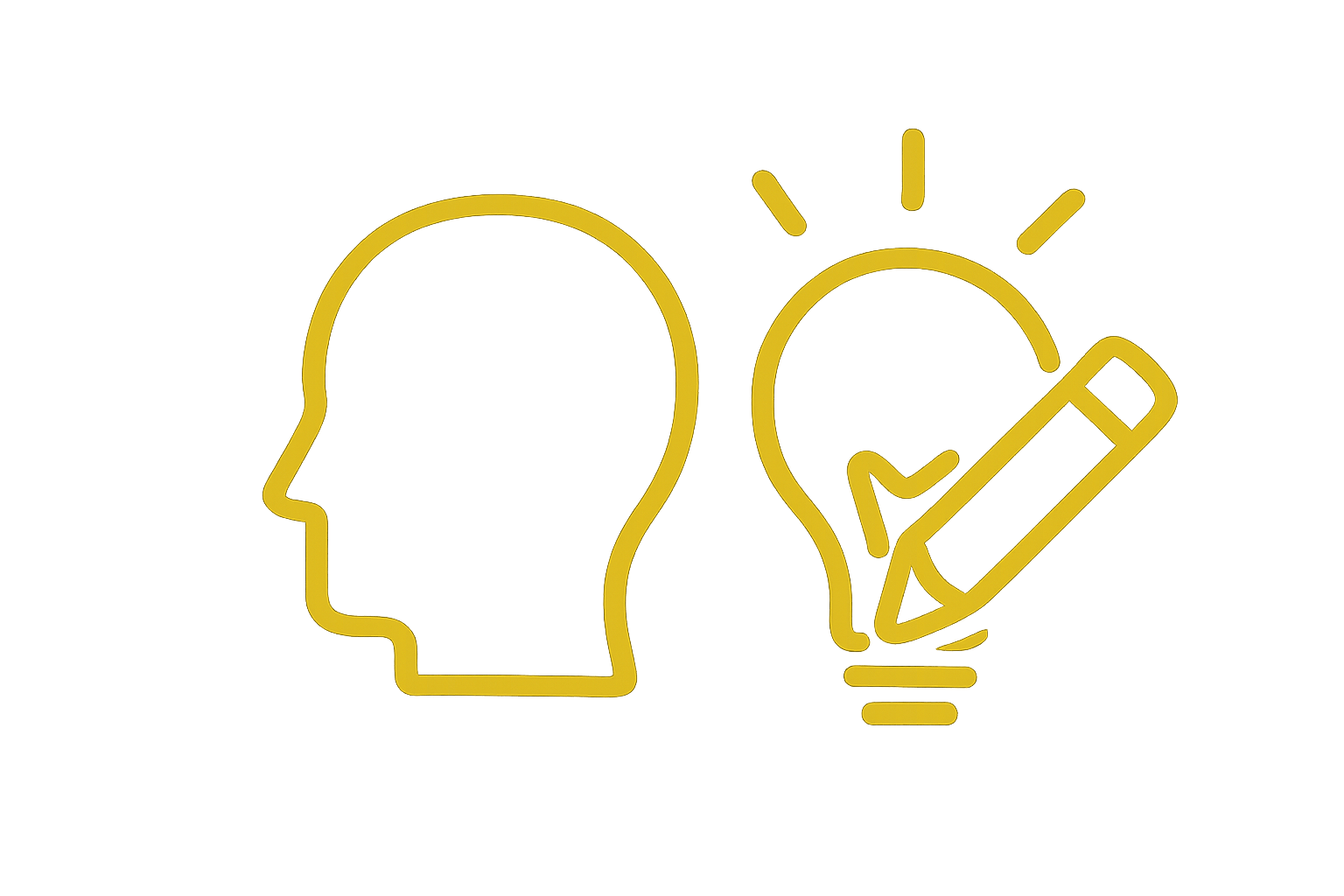
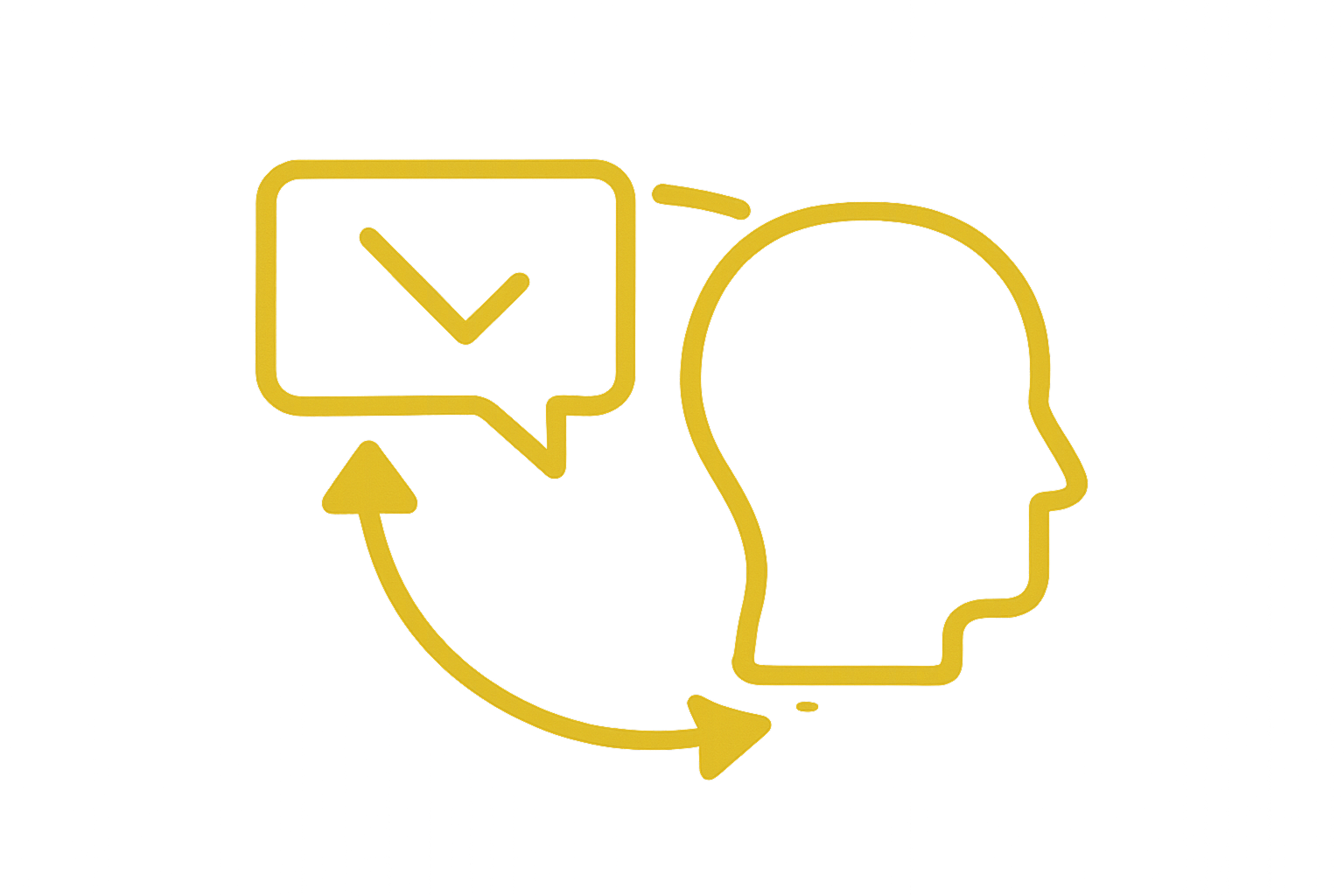
Providing feedback to reinforce correct answers or to correct errors.
Unique or surprising information is more likely to be remembered.

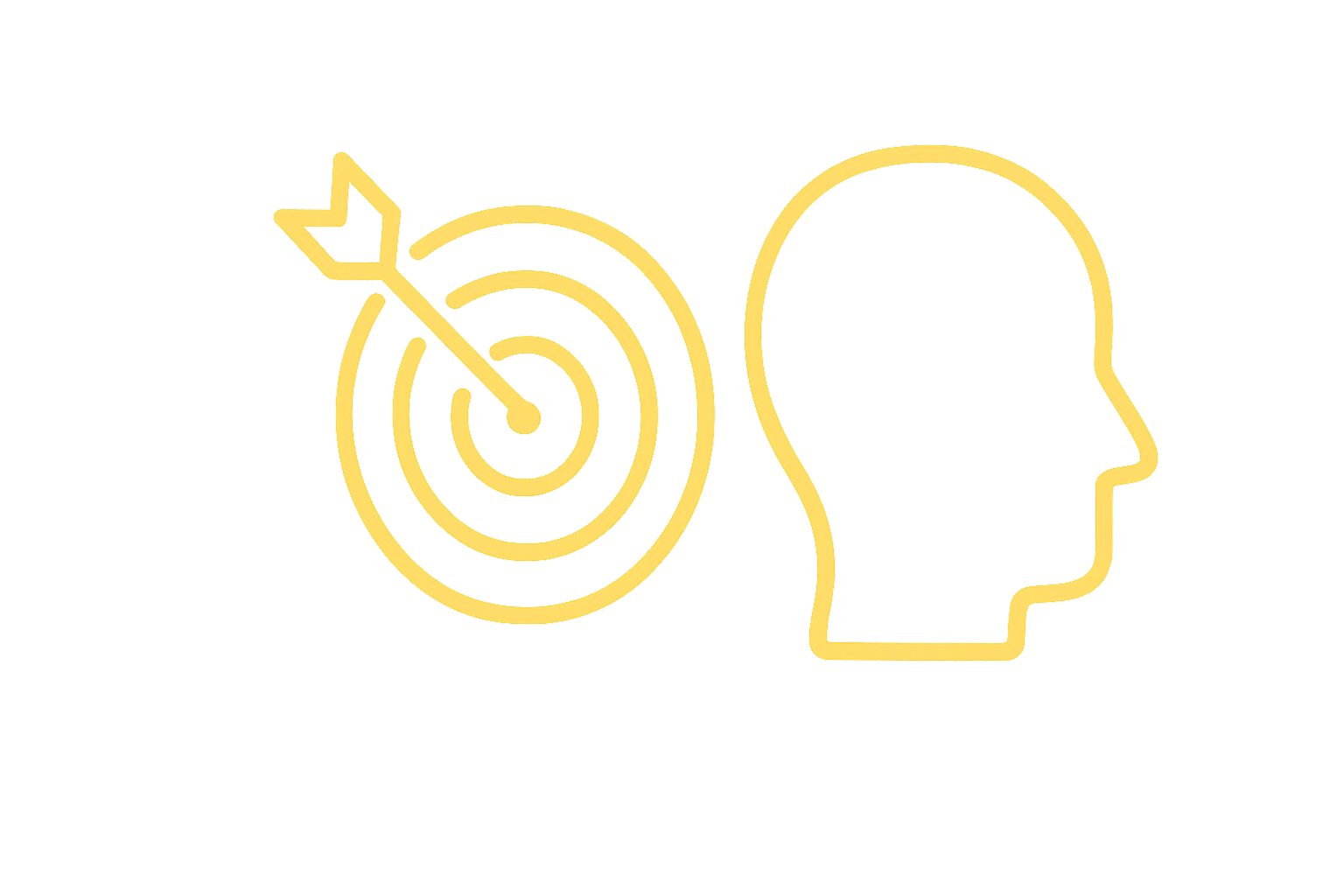
Focused practice designed to improve specific skills through targeted feedback.
Managing working memory to prevent overload.
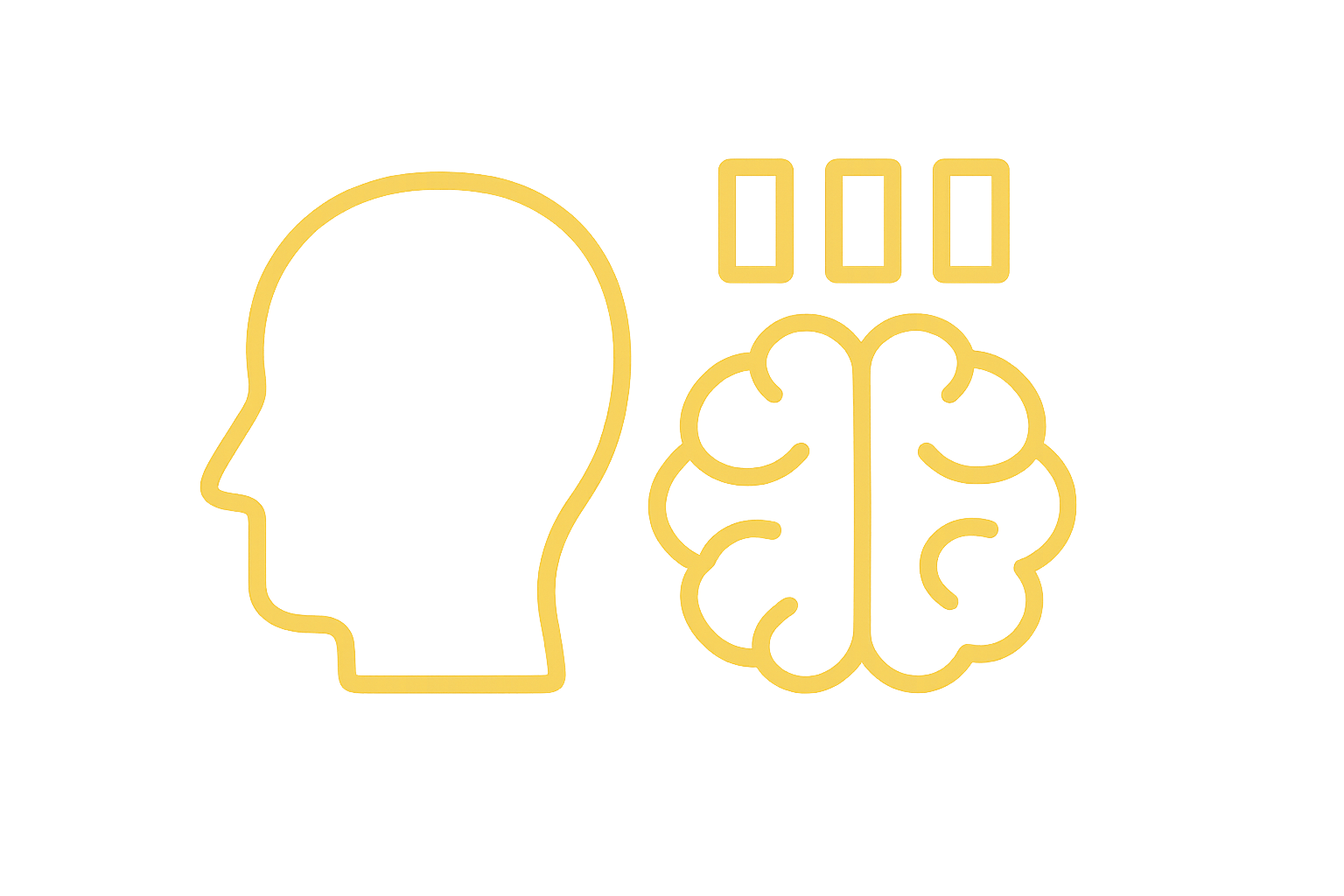
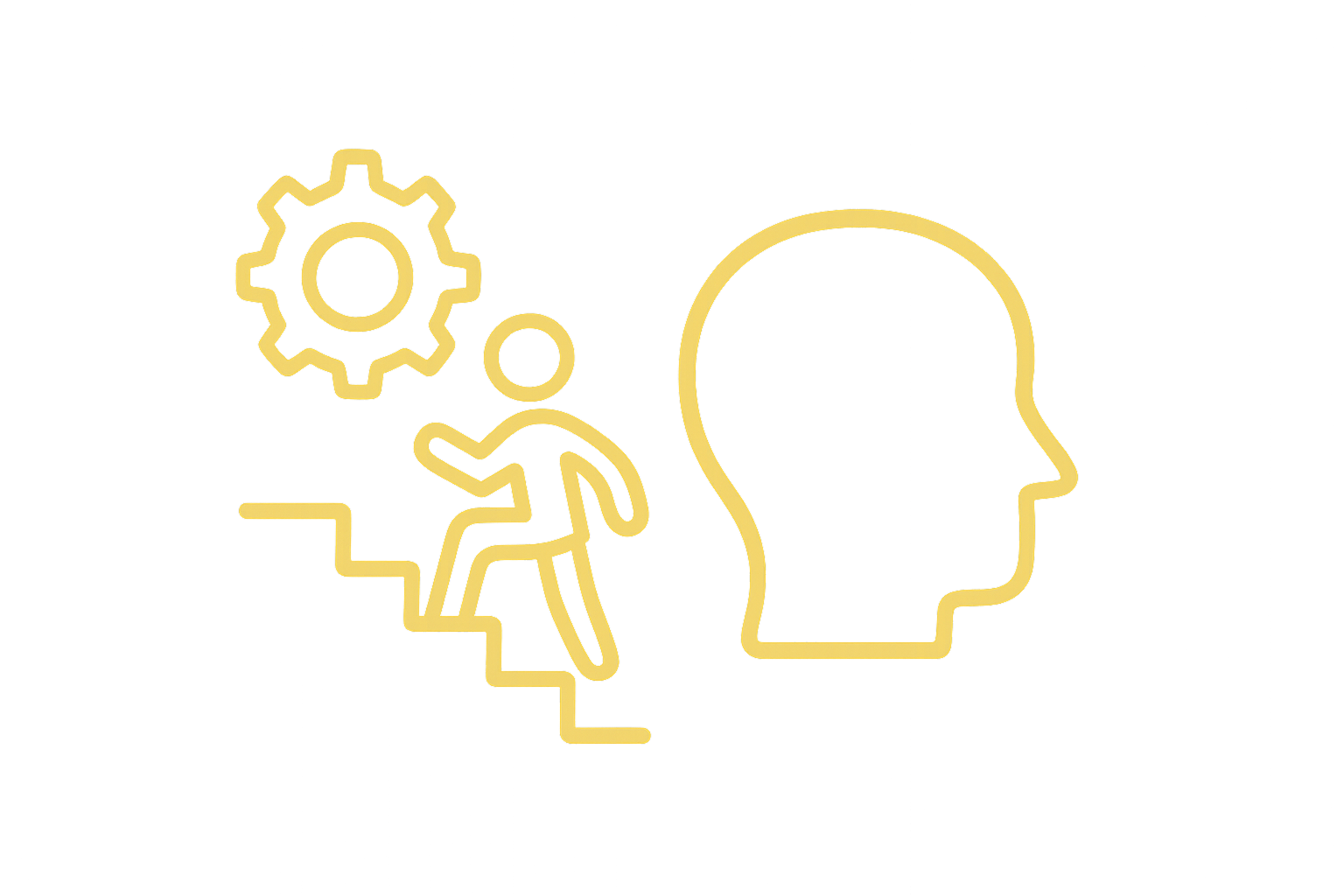
Engaging deeply with material through active tasks enhances retention.
Belief that effort and practice lead to improvement.
